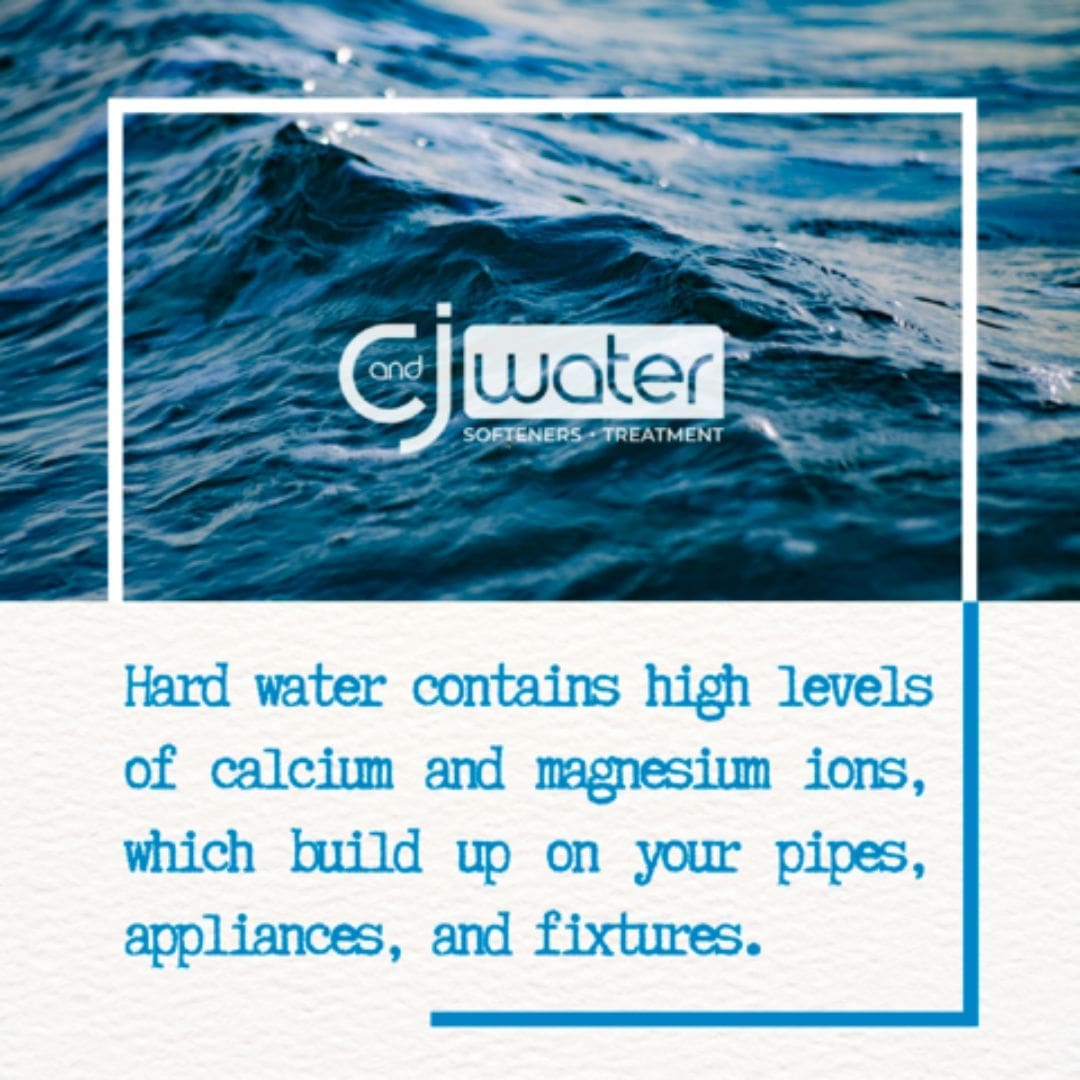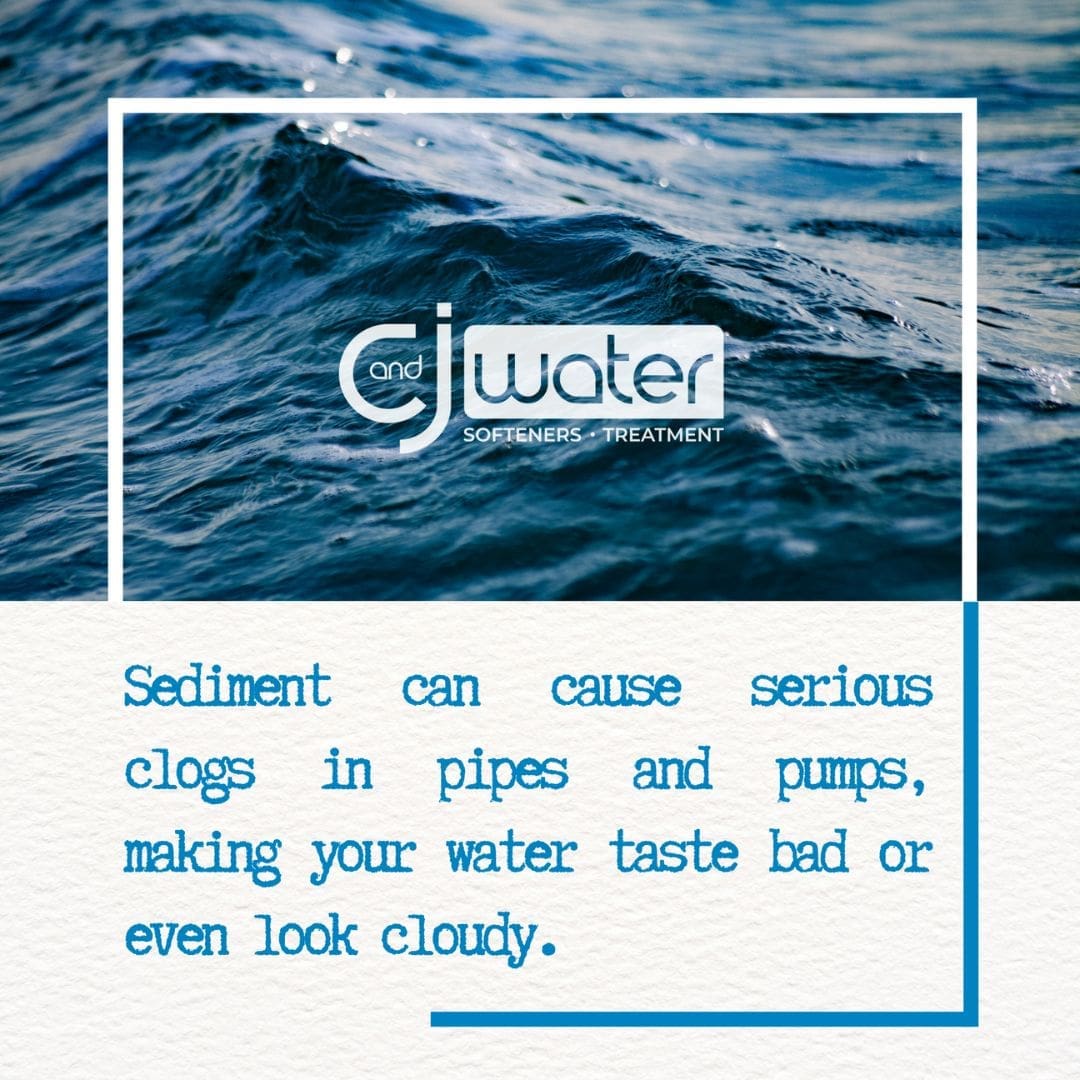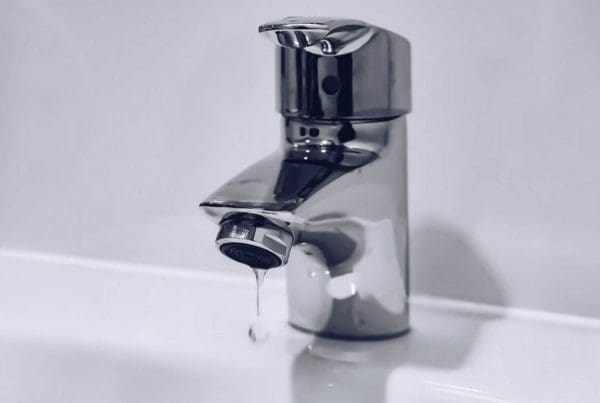No matter where you live, your drinking water likely contains several unhealthy elements. Many homeowners use a water filtration system to purify their drinking water. But how do you know if your home needs one of these devices? Here are six signs that indicate it might be time to invest in a new water filtration system:
You have hard water.
 Hardness is the measure of dissolved minerals in your water, but too much hardness can also cause problems for people.
Hardness is the measure of dissolved minerals in your water, but too much hardness can also cause problems for people.
Hard water contains high levels of calcium and magnesium ions, which build up on your pipes, appliances, and fixtures. These deposits cause clogs in pipes that are difficult to remove without using chemicals like bleach or vinegar that can damage surfaces over time.
Here’s how to test if your home has hard water:
- Take a sample from your main faucet by collecting about 50ml or 1/4 cup of filtered tap water using an old jar or cup you don’t mind wasting (this part is easier with two people). Pour this into another clean container and leave it uncovered overnight so any sediment settles at the bottom; then pour off just enough liquid, so there’s no sediment left behind before testing with litmus paper or other means as described below. Litmus strips are cheap enough at most pharmacies and drugstores already stocked with basic supplies like bandages and painkillers; these work best because they’re designed specifically for testing pH levels instead of simply being indicators themselves (which means they’ll give more accurate results). Still, if all else fails, just grab some paper towels from around the kitchen sink area—they usually come pre-saturated with soap anyway!
You have iron in your water.
If you’re concerned that your water supply might contain iron, here’s how to test for it:
- Get a home test kit from a hardware store or pharmacy. The kit will come with instructions on collecting tap water samples and submitting them for testing.
- Iron can harm your health in high concentrations, and lead pipes were often painted over with lead-based paint that can leach into the water if not properly maintained. A good filter will help remove unwanted substances before they reach your faucet or shower head.
Your water contains sediment.
 Sediment is a byproduct of flowing water, which we tend to think of as more of an environmental problem. But sediment can also be a sign that your home’s plumbing isn’t functioning properly, so there are risks involved in having it in your water supply. Sediment can cause serious clogs in pipes and pumps, making your water taste bad or even look cloudy.
Sediment is a byproduct of flowing water, which we tend to think of as more of an environmental problem. But sediment can also be a sign that your home’s plumbing isn’t functioning properly, so there are risks involved in having it in your water supply. Sediment can cause serious clogs in pipes and pumps, making your water taste bad or even look cloudy.
If you notice sediments in your drinking water, talk with a professional about filtering these impurities before they get into any of your appliances or plumbing systems. Simply replacing old filters regularly may help reduce the amount of sediment circulating through the house; however, if this doesn’t solve the issue, you’ll need to consider installing a whole-house filtration system.
Your drinking water comes from a well.
If you’re drinking well water, there are a few things to consider.
- Iron and sediment: Well water is often iron-based and can contain residue that clogs up the filter.
- PFOA and PFAS chemicals: These synthetic compounds have been linked to serious health problems such as cancer, thyroid disease, reproductive issues, and developmental problems in children. Polyfluoroalkyl substances (PFAS) are a class of manmade chemicals used in manufacturing processes and everyday products like non-stick pans and firefighting foam. While some PFASs have been linked to cancer and other serious health conditions, there are no known safe levels for exposure—and they’re found almost everywhere.
- Iron stains on dishes: If your dishes have an orange tint after washing them with hot water (and not just rust), it could be caused by iron leaching into your tap water from pipes or plumbing fixtures.
Your water smells like chlorine.
There are several unhealthy elements in your drinking and cooking water, including chlorine and PFAS chemicals. Chlorine is added to kill germs in your drinking water. However, it’s also toxic at high levels and can cause breathing difficulties when consumed over long periods. If you notice a strong chlorine smell in your tap water, your city likely adds this chemical to its municipal water supply. Chlorine is added to kill bacteria and other pathogens that could cause illness or disease if ingested by humans.
The smell of chlorine can be removed with a carbon filter, which will remove the chemical odor and other impurities in the water. However, this may not always be enough; some people are more sensitive than others and may still experience symptoms related to chlorinated water consumption. If you have sensitive skin or eyes when bathing in chlorinated tap water or find yourself coughing when drinking from a glass of unfiltered tap water, it’s probably time for an upgrade.
Your water smells like rotten eggs.
If your water smells like rotten eggs, it could be because of a problem with the water heater or an issue with naturally occurring sulfur in your water. If you smell this odor and there is no indication that a gas leak is present, other issues may be to blame. The scent of rotten eggs is typically caused by hydrogen sulfide gas that forms when naturally occurring sulfur bacteria react with organic material in the water. This reaction can happen when bacteria grow inside hot-water tanks or pipes from previous uses of poor-quality water. If you notice any unusual odors coming from your faucets or toilets, call C and J Water for diagnosis and repair services as soon as possible—the sooner these problems are addressed, the better!
There are many more signs that you might need a water filtration system for your home, but these are some of the most common. If you think your water needs a little extra help and doesn’t taste or smell great, then it might be time to install one—give C and J Water a call today!




